Gas is the energy source of a car. According to the law of conservation of energy, for the object to move from one place to another, it needs potential and kinetic energy. In this case, it will come from chemical energy, which is fuel energy.
Do you need gas to make a car work? Yes and No. The gas engine needs gasoline. There are also other options like electric cars that use electricity. This will be an option soon.
This article from Philkotse.com will help you learn more about car fuel and determine if the brand of fuel you use matters.
1. Unleaded and Diesel
They are both types of gasoline. It will depend on the kind of engine you are using. The question will fall on what type of engine is better. They both work in different ways. Diesel engines are compression ignition (CI). Petrol engines are spark ignition (SI).
In diesel engines, they fetch air from the piston. Petrol engines need both air and petrol from the piston. In diesel engines, the fuel is added in hot and compressed air in the cylinder. This will burn and drive the piston down.
In the Petrol engine, the air and petrol mixture needs a spark using a spark plug to flare up to move the piston down. They both have pros and cons that you have to consider when choosing.
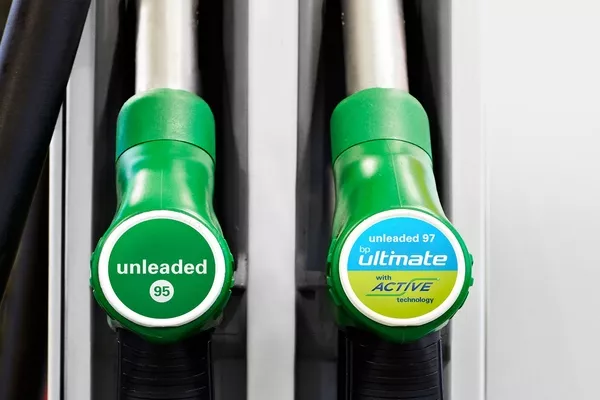
Unleaded and diesel are both types of gasoline
>>> Check out:
- Brief comparison: Diesel engine vs gasoline engine in the Philippines.
- Pros & cons of buying diesel vs gasoline cars in the Philippines.
2. Cheaper or branded fuel
Gas in the Philippines has an unstable price. Often, we will see price rollbacks getting implemented one day, only to realize they will rise back up again the next day. Because of this, most people would take extra steps to make sure that they’ll be able to save some pesos in the gasoline station that they choose.
So, the question is, does brand matter?
You must have an idea of the differences between these brands and why they matter. Can cheap gasoline destroy my car? Yes, and no. For drivers who are in a budget, a lower price per liter is a big deal. In general, it is okay to use cheap gas, but it carries consequences that might cause you a problem.
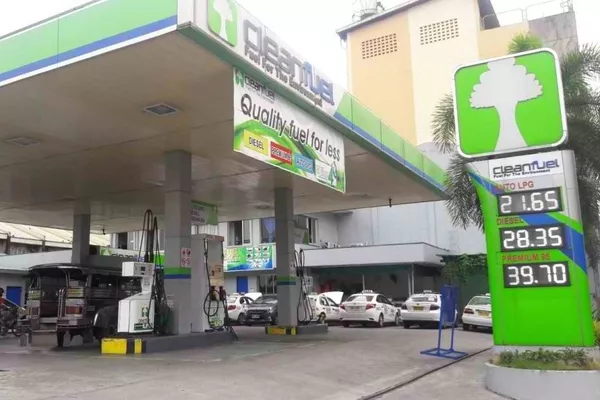
You must have an idea of the differences between these brands and why they matter
>>> Also check: There is more to know about 8 common car's alternative fuels.
3. Differences
Like what have mentioned. They are all gasoline. They differ from the additives being added. The combinations, the measurements, and the quality of additives depends on the company.
It seems that all fuel works the same way. That is why some of us are okay about purchasing cheaper ones. Cheaper gasoline tends to have fewer additives. Thus, more affordable and branded gas have different performance effects on your engine. If you are concerned with the performance of your vehicle and want to keep it long, use branded fuel.
>>> Related: What is the difference between regular and premium fuel?
4. Are additives important?
Yes. They have solvents that help prevent clogs in the fuel injector. It also prevents residues from building in the engine. Gas with more additives works well and saves your engine from damage. What is the purpose of gasoline additives? Gasoline additives prevent corrosion in the engine and act as a lubricant.
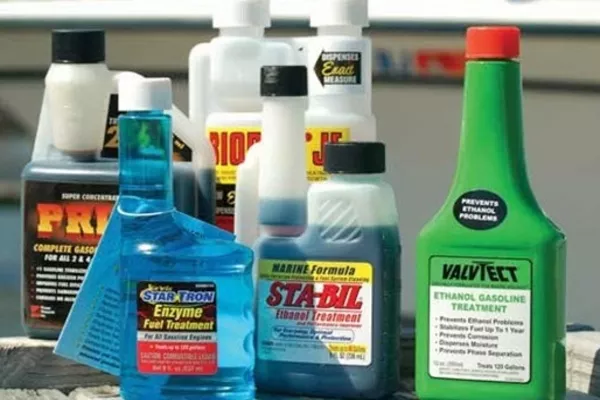
Gas with more additives works well and saves your engine from damage
>>> FYI: What are Fuel Additives and Do They Really Work?
5. What is an octane rating, and why it matters?
By definition, octane rating refers to the fuel's resistance to ignite under pressure.
6. The higher the octane rating, the better?
It is not always the case. There is a misconception in the octane rating. You should buy the gasoline with an octane rating that your manufacturer recommends. It does not have anything to do with better performance, mileage, and the quality of gasoline. A higher octane rating serves a different engine. It is only useful if your engine also has high compression than regular cars.
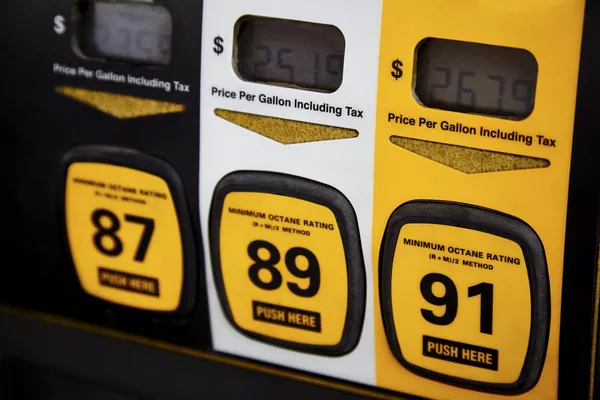
You should buy the gasoline with an octane rating that your manufacturer recommends
7. What will happen if you did not follow the recommended octane rating for your car?
Lower octane rating - If you use a lower octane rating, a high possibility of knocking could happen. Knocking is the premature combustion that damages your engine. The gasoline engine uses spark plugs to ignite. This occurs when the fuel and air are heated while the cylinder is in the compression state.
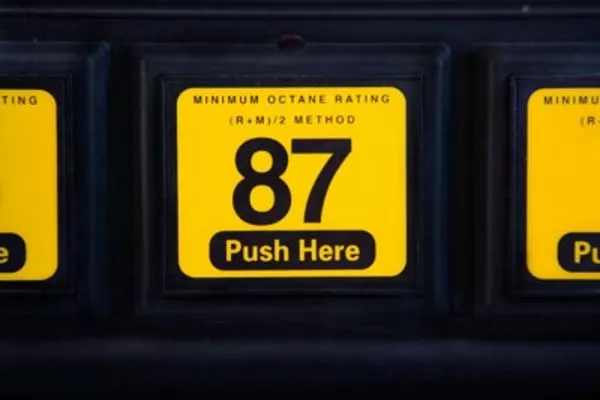
If you use a lower octane rating, a high possibility of knocking could happen
Higher octane rating - If this is the case, will a higher octane rating reduces the risk of pre-ignition. Yes, but to an extent. If you use higher than recommended, it will not be likely to knock, but it also means that it is harder to ignite. This is what you call cold starting. In terms of octane rating, use the fuel that your engine needs.
>>> Recommended article: Octane Boosters - 4 things you definitely need to understand.
8. How to find the best brand of fuel for you?
There is no way of knowing the contents of the fuel in gas stations. The consumer bases their buying decision with the octane ratings and price. You can only figure out what branded gas station delivers a better gas is by experience.
Check the recommended octane rating
A car's engine is designed to use a particular octane. Some vehicles are advised to use regular gas. You can find the recommended octane rating in your vehicle's manual. If you’re manual recommends regular gas, 87 octanes, then you can use cheaper gas. If it specified that your car needs Premium 91 – 93 octane, it only means that your vehicle is up for the expensive gasoline.
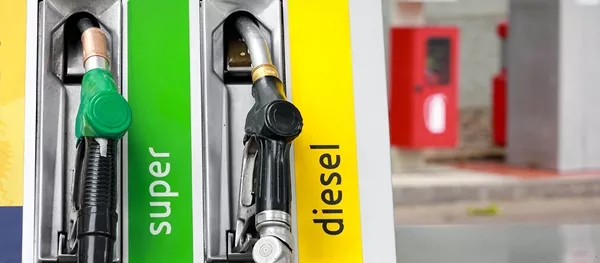
The consumer bases their buying decision with the octane ratings and price
Ask for recommendation
If you are new to cars, ask your friends or family where it is best to get some pump. They might have figured it out where you can get the cleanest gas and good for your engine performance.
Track the engine and compare the performance
There are many branded and generic or unbranded gas stations around you. Experiment without hurting your car engine. As long as you are using a recommended octane rating, it is fine to experiment.
Take notes of the differences and improvements. The additives they use are different from one brand to another. A brand that uses a quality additive gives you fewer residues. You can also check your mileage. Check them by dividing it over the gallons you refill.
Every car is different
Always keep in mind that every model is different from others. The recommended octane rating is also different. Know the running condition matter. Older cars match with lower octane rating gas. Most new vehicles best suit a higher octane rating.
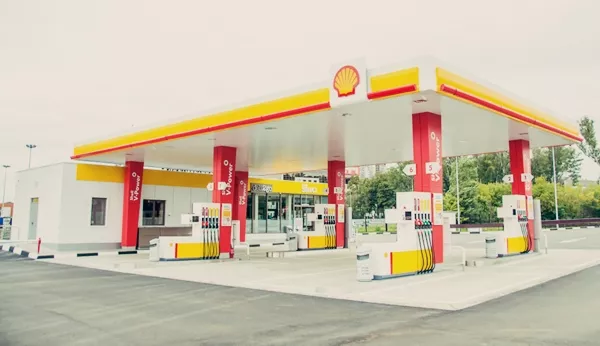
You can get the best gas by experience, and by the recommended type of fuel in your manufacturer's manual
The bottom line, you can get the best gas by experience, and by the recommended type of fuel in your manufacturer's manual. Educate yourself about the gas that you pump your car to prevent the unnecessary cost of repair and buy.
If, based on your experience, local gas stations serves you and your car right, stick to it. They might have an unbranded quality gas that can fill your tank and allow you to save a few bucks.
Recent posts
- Why do you experience gelled diesel fuel and how to prevent it? Aug 16, 2022
- Which car can run for another 50-70 kilometers even if the fuel is shown empty? Oct 08, 2019
- 6 most fuel-efficient diesel cars in the Philippines Sep 22, 2021
- Top 5 most fuel-efficient diesel pickup trucks available in the Philippines Oct 18, 2022
- Top 5 Most Fuel-Efficient Hatchbacks in the Philippines Sep 15, 2021












